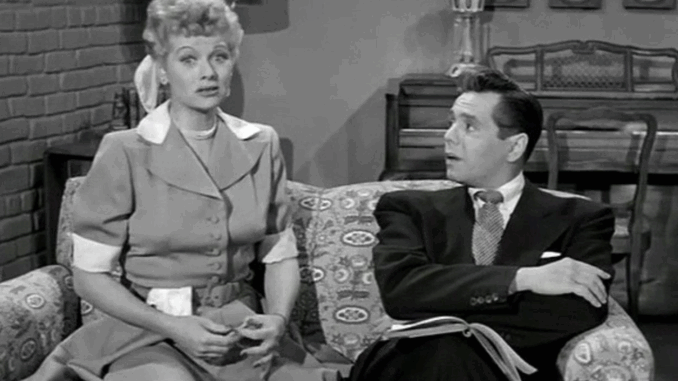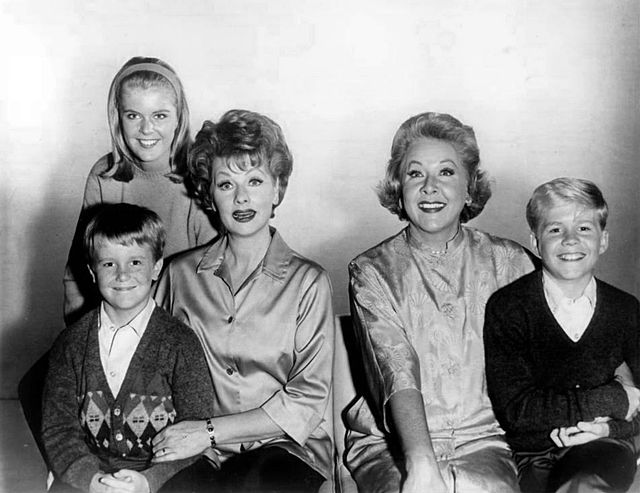
Before there was Rachel Green or Liz Lemon, there was Lucy Ricardo — a housewife who lied to her husband, snuck into auditions, staged chaotic schemes, and refused to apologize. And the world loved her for it.
I Love Lucy wasn’t just a comedy — it was a revolution in disguise. Under the slapstick and canned laughter, Lucy Ricardo represented something radical for 1950s television: a woman who broke rules unapologetically and didn’t get punished for it. She didn’t stay in the kitchen. She didn’t follow instructions. She didn’t even care if she made a mess — as long as she got a taste of the spotlight.
What makes Lucy’s rebellion so subversive is how well it was hidden. The show never framed her as a threat. Ricky would scold her, yes — but Lucy never truly paid a price for her antics. Week after week, she found new ways to challenge gender norms while the audience giggled along.
In retrospect, that was the genius of I Love Lucy. It took everything that American television was supposed to reinforce — the nuclear family, domestic submission, obedient wives — and turned it upside down while making the audience laugh. Lucy Ricardo was never supposed to be a feminist icon, but somehow, she became one.
